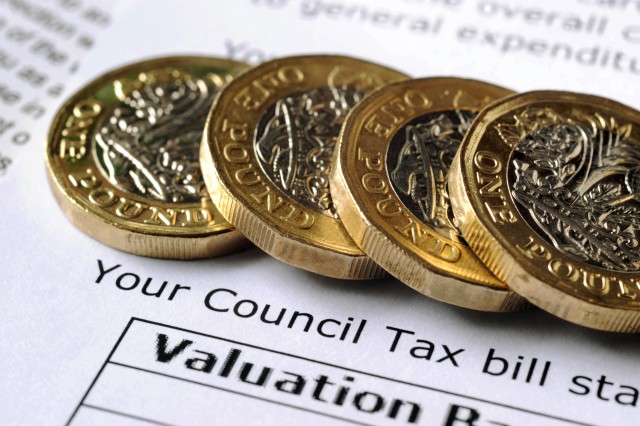Introduction
Households in England and Wales may face a steep increase in their council tax bill next year. However, there are ways to reduce or eliminate this expense. With £5.5 billion owed to local councils in England alone, it's important to explore the options available and ensure you're not missing out on potential savings.
Council Tax Discounts
Local authorities offer discounts or complete waivers of the council tax bill based on individual circumstances. Factors such as household income, the presence of children, and whether the individual receives benefits can influence the amount of discount received. To apply for a council tax discount, visit the government's website and be prepared to provide necessary documents such as your National Insurance number, bank statements, and proof of eligibility.
Discounts for Single People
If you live alone or with individuals who are classified as "disregarded" (e.g., students, carers, or individuals with a main residence elsewhere), you may be eligible for a 25% discount on your council tax. Some individuals may even qualify for a 50% reduction or a 100% discount if living in an all-student household.
Discounts for Retirees
Pensioners, especially those on the Guarantee Credit element of Pension Credit, may be eligible for a 100% discount on their council tax. Even if you don't qualify for this specific discount, you may still receive help if you have a low income and less than £16,000 in savings. Additionally, pensioners living alone may qualify for a 25% discount.
Discounts for Low-Income Households
Low-income households and those receiving benefits can apply for a reduction in their council tax. Eligibility varies depending on the local authority. If you're struggling to pay your bill, you may also be able to request a deferral or set up a payment plan with your council.
Challenge Your Council Tax Band
You can potentially reduce your council tax bill by challenging your property's band. Properties in the UK are assigned bands from A to H, which determine the amount of council tax paid. Since these bands were established based on property values in 1991, it's possible that your property may be in the wrong band. By providing evidence and contacting the appropriate agency, such as the Valuation Office Agency (VOA) or the Scottish Assessors Association (SAA), you can request a band reassessment.
Additional Options for Help
If you're not eligible for a council tax discount or unable to change bands, there are other avenues to explore. You can apply for discretionary relief through a Section 13A application, which allows your council tax bill to be reduced or written off. Alternatively, if you or someone in your household is substantially and permanently disabled, you may qualify for a council tax disability reduction scheme.
Conclusion
Don't miss out on potential savings when it comes to your council tax bill. Whether you're eligible for a discount, can challenge your band, or explore other options for assistance, it's crucial to take action and ensure you're not overpaying. Start by visiting the government's website and contacting your local council for more information.








